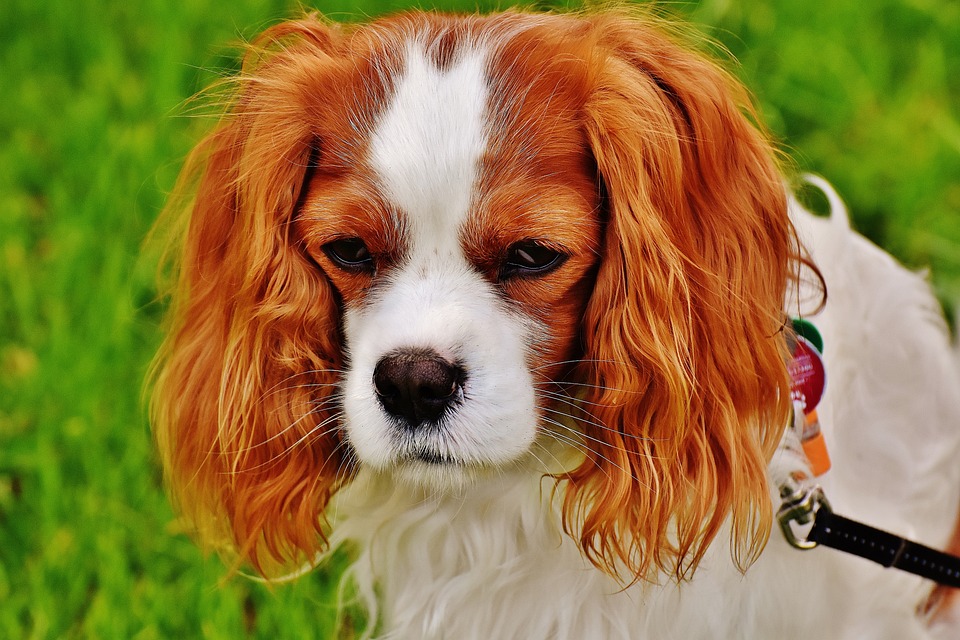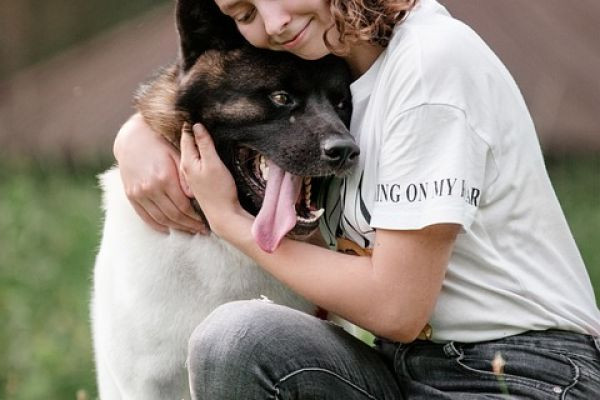Canine Care: A Guide to a Happy and Healthy Dog

Caring for a dog is a rewarding experience that brings immense joy, companionship, and love into our lives. To ensure that your canine friend remains happy and healthy, it is crucial to understand their needs and provide appropriate care. This comprehensive guide will cover essential aspects of canine care, from nutrition and exercise to grooming and healthcare.
1. Nutrition

Proper nutrition is fundamental to a dog's health. A well-balanced diet supports growth, energy, and overall well-being. Here’s what to consider:
Choose Quality Dog Food
Opt for high-quality commercial dog food that meets the nutritional standards set by organizations like the Association of American Feed Control Officials (AAFCO). Look for brands that list meat or meat by-products as the primary ingredient and avoid those with excessive fillers or artificial additives.
Understand Your Dog’s Dietary Needs
Different life stages (puppy, adult, senior) and health conditions (allergies, diabetes) require specific diets. Consult your veterinarian to determine the best food for your dog's age, size, and health status.
Avoid Human Food
While it might be tempting to share your meals, many human foods can be harmful to dogs. Foods like chocolate, grapes, onions, and caffeine are toxic to dogs and should be avoided. Always consult your vet before introducing new foods into your dog's diet.
Hydration
Ensure your dog has access to fresh, clean water at all times. Proper hydration is vital for digestion, temperature regulation, and overall health.
2. Exercise

Regular exercise is crucial for maintaining a dog's physical and mental health. It helps prevent obesity, stimulates their mind, and strengthens the bond between you and your pet.
Daily Walks
Most dogs require daily walks to expend energy and stay healthy. The duration and intensity of the walks should be adjusted according to your dog’s age, breed, and health condition.
Playtime
Engage your dog in interactive play, such as fetch or tug-of-war, to provide mental stimulation and physical activity. Different breeds have varying activity levels, so tailor playtime to suit your dog’s needs.
Mental Enrichment
Puzzle toys and training exercises can keep your dog mentally stimulated. These activities help prevent boredom and can reduce behavioral issues.
3. Grooming

Regular grooming is essential for maintaining your dog’s health and appearance. It includes bathing, brushing, and checking for signs of skin issues or parasites.
Brushing
Brush your dog’s coat regularly to remove loose fur and prevent matting. The frequency and type of brush depend on your dog's coat type. Long-haired breeds may require daily brushing, while short-haired breeds need less frequent attention.
Bathing
Bathe your dog as needed, using a dog-specific shampoo. Over-bathing can strip the coat of natural oils, so only bathe your dog when they are dirty or have a noticeable odor.
Nail Trimming
Trim your dog’s nails regularly to prevent overgrowth and discomfort. If you’re unsure how to trim nails safely, consult a veterinarian or professional groomer.
Ear Cleaning
Check your dog’s ears regularly for signs of infection or wax buildup. Clean them gently with a dog-specific ear cleaner if needed, and seek veterinary advice if you notice any unusual odor or discharge
4. Healthcare

Routine veterinary care is essential for keeping your dog healthy and preventing illness. Regular check-ups can help detect potential issues early and ensure your dog receives the necessary vaccinations and treatments.
Vaccinations
Ensure your dog receives vaccinations as recommended by your veterinarian. Core vaccines typically include those for rabies, parvovirus, distemper, and adenovirus. Non-core vaccines may be needed based on your dog’s lifestyle and geographic location.
Parasite Prevention
Use flea, tick, and worm prevention products as advised by your vet. These parasites can cause significant health problems if left untreated.
Dental Care
Dental health is crucial for preventing periodontal disease and tooth loss. Brush your dog’s teeth regularly with a dog-specific toothpaste and consider dental chews or toys that help clean teeth.
Regular Check-Ups
Schedule annual or semi-annual veterinary visits to monitor your dog’s health, update vaccinations, and address any concerns. Older dogs may need more frequent visits.
5. Training and Socialization

Training and socialization are vital for a well-adjusted and obedient dog. Proper training helps manage behavior and builds a strong bond between you and your pet.
Basic Commands
Teach your dog basic commands such as “sit,” “stay,” and “come.” Positive reinforcement techniques, like treats and praise, are effective and encourage good behavior.
Socialization
Expose your dog to various environments, people, and other animals to help them develop confidence and reduce fearfulness. Socialization should start early and continue throughout their life.
Behavioral Issues
Address any behavioral problems promptly. If needed, consult a professional dog trainer or behaviorist for guidance and support.
6. Love and Attention

Beyond the practical aspects of care, providing love and attention is essential for your dog’s happiness. Spend quality time with your pet, show affection, and be attentive to their needs. Building a strong, trusting relationship will contribute significantly to their overall well-being.
In summary, providing proper care for your dog involves a combination of good nutrition, regular exercise, grooming, healthcare, training, and love. By attending to these aspects, you can ensure your canine companion remains happy, healthy, and cherished throughout their life.



